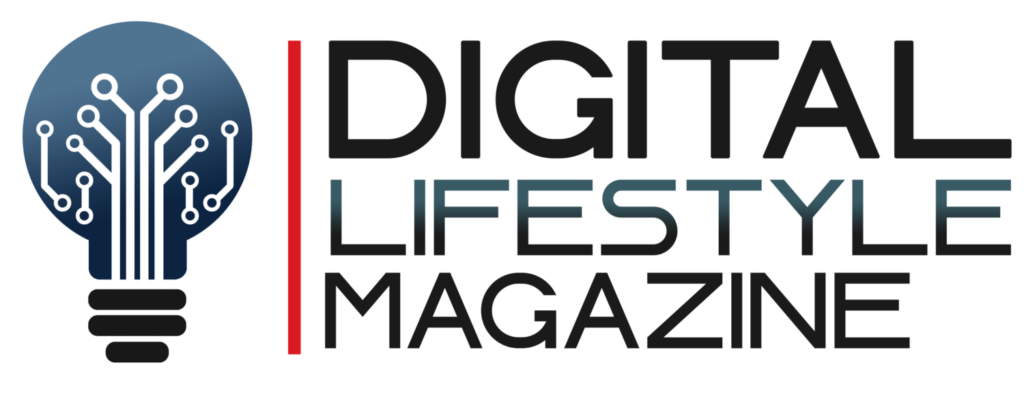As many of us have noticed by now, the internet is a great tool to use in our daily lives. But the downside to this is that it can pose a risk.
Hackers as well as cybercriminals may take advantage of what we do online and try to steal our personal information and money. It’s crucial that we take the necessary steps to protect ourselves from hackers stealing our identity, fraud, and other online threats.
Especially since many of us take care of our personal or financial transactions online.
Table of Contents
Keep Your Passwords Strong and Secure
One of the easiest ways to protect any sort of information that you have online is to use strong and secure passwords.
This is done by having a password that is longer than 12 characters. It is vital that each password that you create has a mix of letters, numbers, and special characters.
Try to avoid using passwords that are easily guessed, such as personal information. Also, it is important that you don’t reuse passwords from one website to another.
Let’s take a real-life example. Let us say that you have just read the 32red bonus terms, and now you want to create an account. You can create a password such as this: 9OsHya7m/?tm12^.
That is an extremely hard password for any hacker to hack. We highly advise that now you don’t use this password but create your own.
Use Two-Factor Authentication
Two-factor authentication adds an extra layer of security to your account. It requires two different types of verification for someone to access your accounts. This method makes it even harder for any hacker to get access to your accounts even if they somehow got your password.
Two-factor authentication usually involves a password or code. This is sent to you via your mobile number or email address. This makes it harder for hackers to go into your account and steal any information that there is on it.
Be Careful about What You Share Online
Be cautious about what personal information you share online. Sensitive information like your full name, address, phone number, and other private information should be kept safe from cybercriminals who might use it for fraudulent activities.
Be smart about what you post on social media or other platforms, and be wary of giving out personal information to people or websites you don’t know.
Keep Your Software and Operating System Up-to-Date
Make sure to update your computer’s software and operating system to keep your online identity and financial information safe. Keeping the programs you use up-to-date and installing security patches is important. Updates often include fixes for known vulnerabilities that hackers can exploit, so it’s essential to stay current.
Check for updates regularly and install them as soon as possible to keep your devices secure.
Be Careful When Using Public Wi-Fi
Public Wi-Fi can be a trap for hackers who can steal your personal and financial information. If you must use public Wi-Fi, make sure to connect to a secure network with a strong password.
In this sense, using a virtual private network (VPN) can also help encrypt your data and keep it secure. Lastly, avoid accessing sensitive information like bank accounts or credit cards when using public Wi-Fi.
Monitor Your Accounts Regularly
Check your financial accounts regularly to catch any signs of fraud or suspicious activity. Review your bank statements, credit reports, and other financial accounts on a regular basis.
Look for any unauthorized transactions or unusual activity. If you notice anything unusual, contact your bank or credit card company immediately to report the issue and prevent further problems.
Final Thoughts
By taking simple steps like using strong passwords, enabling two-factor authentication, being cautious about sharing personal information, keeping the software and operating systems updated, and monitoring financial accounts regularly, you can protect yourself from online threats.
These measures can help you stay safe online, giving you peace of mind while browsing the web.


